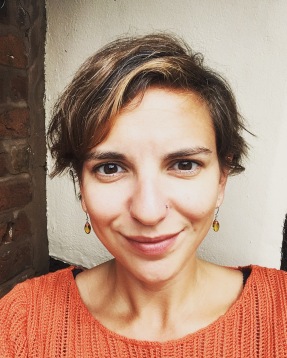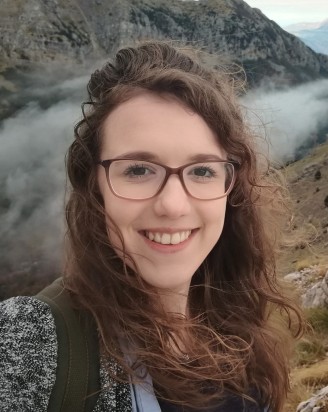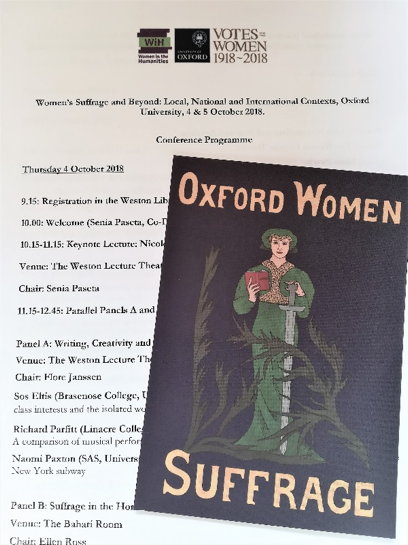Welcome to the Cambridge Gender and Sexuality History Workshop!
This year there are three of us organising the workshop, and we are all very eager to hear from you and to share our research this term.
We thought we would start by introducing ourselves.
Holly Ashford

Hello everyone! This is my first year convening the Gender and Sexuality workshop and I’m thrilled to be on the team. I’m just starting my third year of studies for a PhD in History.
My research looks at the history of women’s reproductive health in Ghana from 1920 – 1981. I am delving into the question of how national and international development discourses in the twentieth century influenced women’s health in Ghana. This takes me into areas such as demography, oral history, anthropology, history of medicine and global history to name just a few of my interests!
I arrived at Cambridge for the first time in autumn 2016. Before that, I did my Masters at the Graduate Institute in Geneva, spending a term at Yale University. I completed my undergraduate degree at Warwick in the UK in 2013 in History and Italian.
Cambridge has offered so many wonderful opportunities, especially attending the graduate workshops, becoming part of the community at Pembroke College and writing for Vision. I presented some of the work I’ve been doing at the workshop last year in June, which was a great experience and enabled me to fine tune my work.
For the last nearly 18 months though, I’ve been away from Cambridge carrying out research in Ghana, Switzerland, England, Scotland and the USA. It’s been a fascinating year but I am very excited to be back and look forward to meeting you all!
hra32@cam.ac.uk
@hollyashford2
Helen Sunderland

Hi! I’m also new to the Gender and Sexuality History Workshop team this year. I’ve loved coming along to the workshop over the past year so can’t wait to get stuck into organising more fantastic talks and events for the community.
I am in the second year of my PhD researching schoolgirls’ political socialisation in late Victorian and Edwardian England. My wider research interests include the histories of childhood, girlhood, gender and political culture in modern Britain. I did my undergraduate at Oxford University.
I’m passionate about public history and am co-editor of the collaborative blog Doing History in Public. When I’m not in the library or trawling through school archives, you can find me playing football or the violin, or bingeing period dramas on Netflix.
I’m really excited by the range of papers we have this term and can’t wait to learn more about subjects outside of my area and period. I spend a lot of time thinking about ideas and performances of girlhood, so am particularly interested in learning about how historians of masculinity approach their work and tackle similar questions.
hls60@cam.ac.uk
@hl_sunderland
George Severs

I am a second year PhD student in modern British history. My thesis examines the history of HIV/AIDS activism in England between 1982 – the year of the first AIDS-related death in the UK – and 1997 – the year after the introduction of highly active antiretroviral therapy which transformed an HIV/AIDS diagnosis from a terminal to a chronic one, and the year which saw 18 years of Conservative rule in Britain come to an end. I am interested in the political responses of LGBTQ groups, religious organisations and voluntary workers to the epidemic (to name just a few). Oral history interviews form a large part of my research, and I am a member of the Oral History Society’s LGBTQ Special Interest Group (OHS LGBTQ SIG). I have co-convened the Cambridge Gender and Sexuality History Workshop since June 2017.




